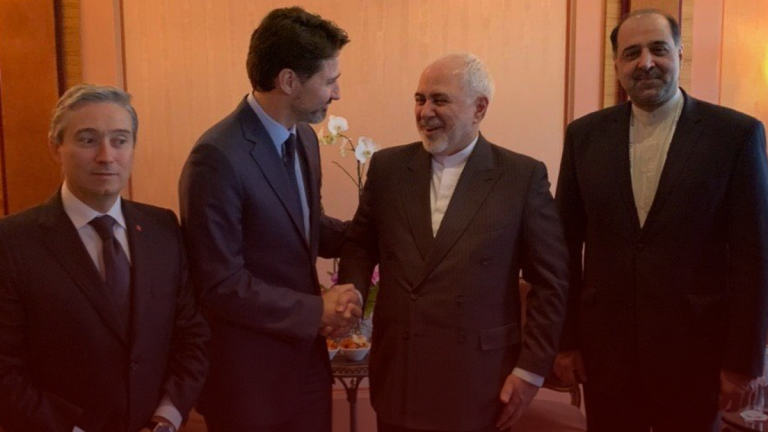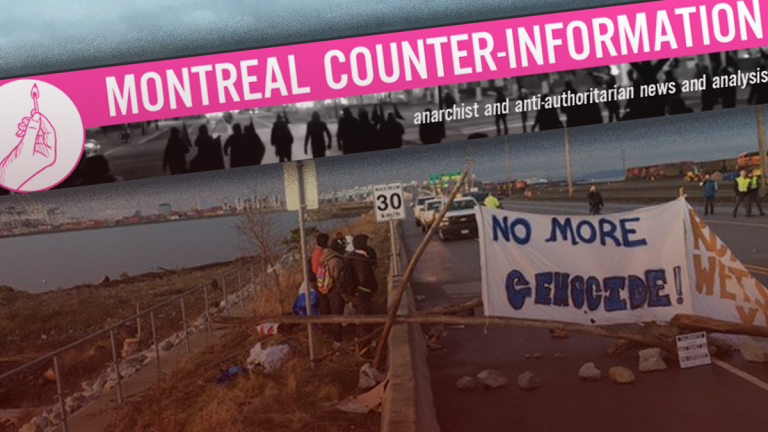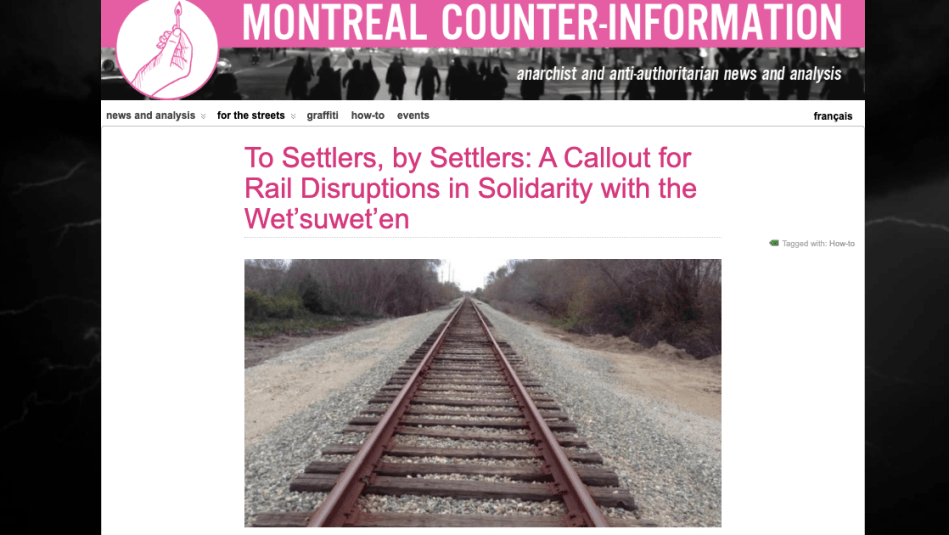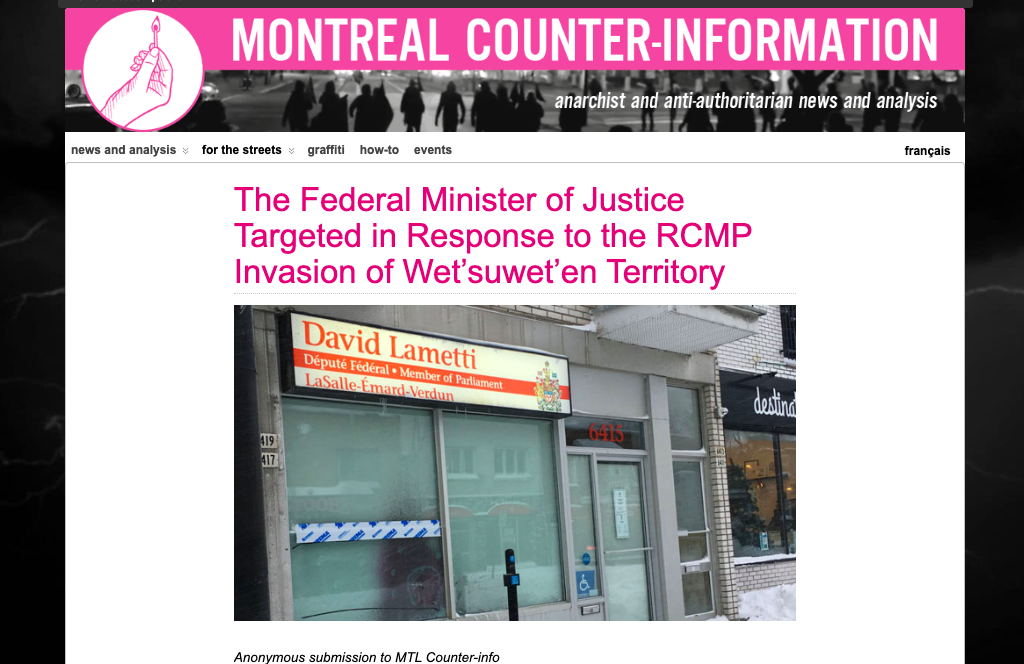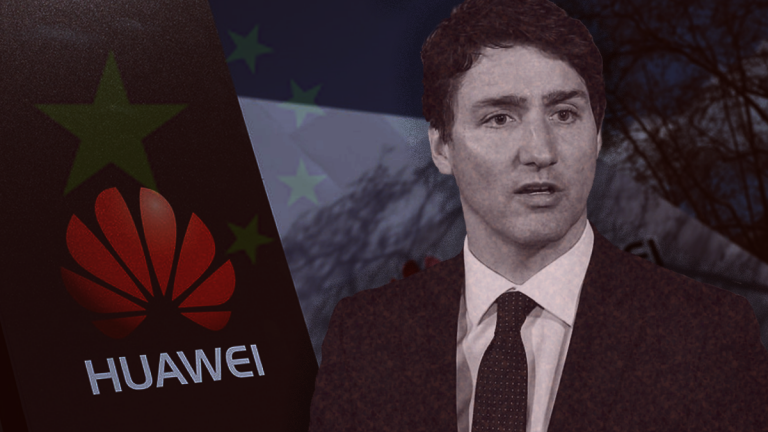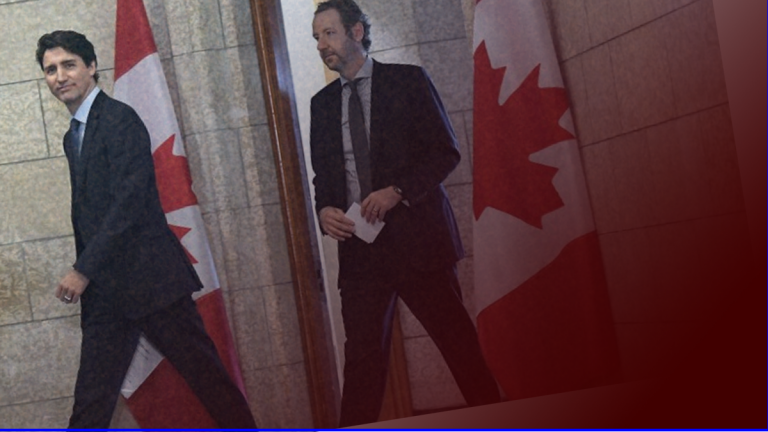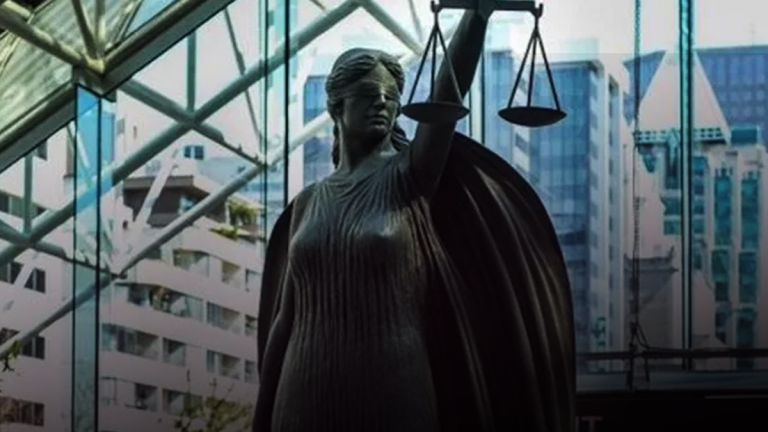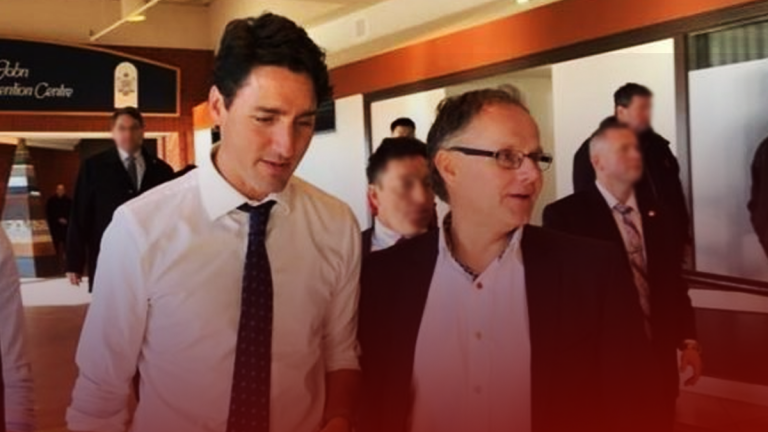BY: DEVIN DROVER
Devin Drover is a grassroots political activist, and the Atlantic Spokesperson for the Canada Strong and Proud network.
According to a recent report, there could be hundreds, if not thousands, of videos featuring underage sex-trafficking victims on popular online pornography website Pornhub. This is the same website that generates millions in revenue per year, with over 42 billion annual visits and six million annual uploads. And, even worse, this is the same website that requires nothing more than an e-mail address to upload content, without any concern for age verification or any mechanism to identify the uploader.
While this report is certainly disturbing, it is not necessarily unexpected; it echoes many studies that have revealed the serious harm that result from both the production of and prolonged exposure to online pornography.
Despite these very real harms, our politicians – from all parties – remain silent on this issue, allowing online pornography to continue to operate in a mostly unregulated space. It’s time to change that, target this harm and regulate online pornography in Canada.
In addition to concerns related to sex trafficking, easily accessible online pornography presents a public health risk that Canadian governments have a legal duty to address. Exposure to online pornography can have a troubling effect on one’s sexual health. For minors, premature or inadvertent exposure to online pornography can cause emotional disturbance and inappropriate acceptance of non-mainstream sexual practices that also makes them more prone to being sexually groomed or trafficked themselves.
These health risks are not just limited to children, but even men who view pornography can struggle with problems of erectile dysfunction, lower self-satisfaction with their own bodies, and general anxiety problems while engaged in sexual relations.
Prolonged exposure to online pornography can reinforce negative stereotypes about women – particularly for younger boys and men – and, at worst, encourage sexual coercion. For example, a study conducted by Neil Malamuth at the University of California reported that men who are high-frequency users of “hardcore” pornography are more likely than others to report that they would rape or sexually harass a woman if they knew they could get away with it. At a time when the Canadian politicians are focused on pursuing equality for women in society through legal intervention, we must do more to restrict access to material that can directly cause women harm.
The issues of online pornography have not been ignored by our Western allies, who have already begun looking at means to tackle the problem. In Australia, the Broadcasting Services Act has established online pornography as being under the jurisdiction of their Australian Communications and Media Authority, and they have prescribed requirements for internet content providers to restrict access to online pornography unless the user is subject to an age verification system. Similarly, in the United Kingdom, the UK Digital Economy Act 2017 sought to introduce an age-verification system for online pornography and requiring users to “opt-in” to accessing content through their internet service provider.
While similar reforms will be unlikely to solve all problems relating to online pornography, the Government of Canada should break their silence on the issue and pursue this approach at a minimum.
By refusing to act on online pornography, politicians are enabling sex-trafficking, causing troubling effects on the sexual development of our young people, and reinforcing negative stereotypes about women. Enough is enough — it’s time for our politicians to get to work and regulate online pornography in Canada.


